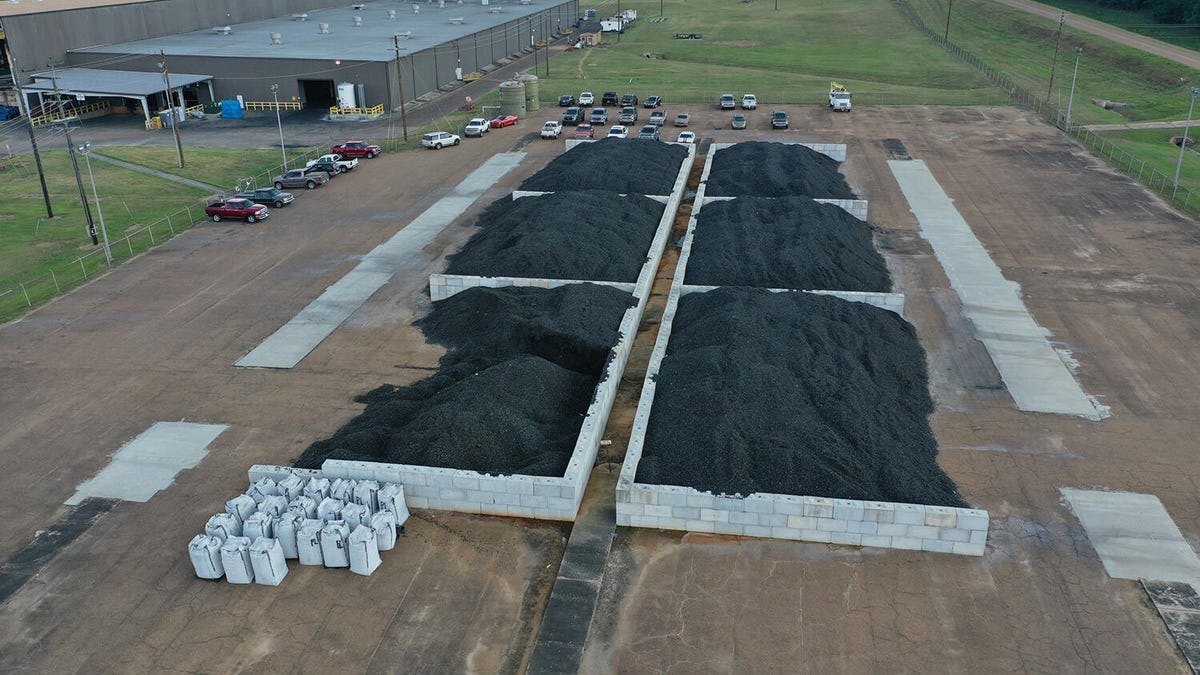How Bridgestone is making tires even greener
"Recovered carbon black" is the key, and Bridgestone says it's the first company to bring this recycled material to market.

Good to see this stuff repurposed.
The Earth's resources aren't unlimited, and as more companies look to create a circular economy, we're beginning to see some pretty innovative thinking. That includes the tire industry.
Bridgestone said on Wednesday that it's the first tire maker to bring "recovered carbon black" to market at scale. To better understand why that's significant, here's a quick lesson on what carbon black is.
The material is made from heavy petroleum that hasn't totally combusted. Tons of industries use this material as a color pigment in plastics and inks. For tire makers, it creates a reinforcing filler. The problem is, it's not very sustainable to create and demand outstrips supply for carbon black.
So, Bridgestone spent well over a decade working with its partner Delta Energy Group to create an alternative it calls recovered carbon black. Basically, Delta Energy has recycled the material from discarded tires that have served their purpose on automobiles. Instead of letting these tires rot in a landfill or go unrecycled, Delta Energy and the tire company have repurposed the carbon black for new tires.
Bridgestone said it has purchased well over 235 tons of recovered carbon black, or the equivalent of about 70,000 end-of-life tires that would otherwise be sitting around. The move also has major positive implications for C02 production. Just the amount purchased so far has kept 765,000 pounds of C02 emissions out of our air compared with the production of new carbon black. Overall, there's an 81% reduction in C02 production in recovered carbon black compared with creating new carbon black material.
With the project a proven substitute for new tires -- this obviously required a lot of studying to make sure the recycled material performed well enough for new tires -- Bridgestone said it plans to seriously ramp things up. By the end of 2020, it plans to increase is recovered carbon black usage to over 6,800 tons. That's roughly 2 million end-of-life tires. The emissions saved: 24 million pounds of C02.

